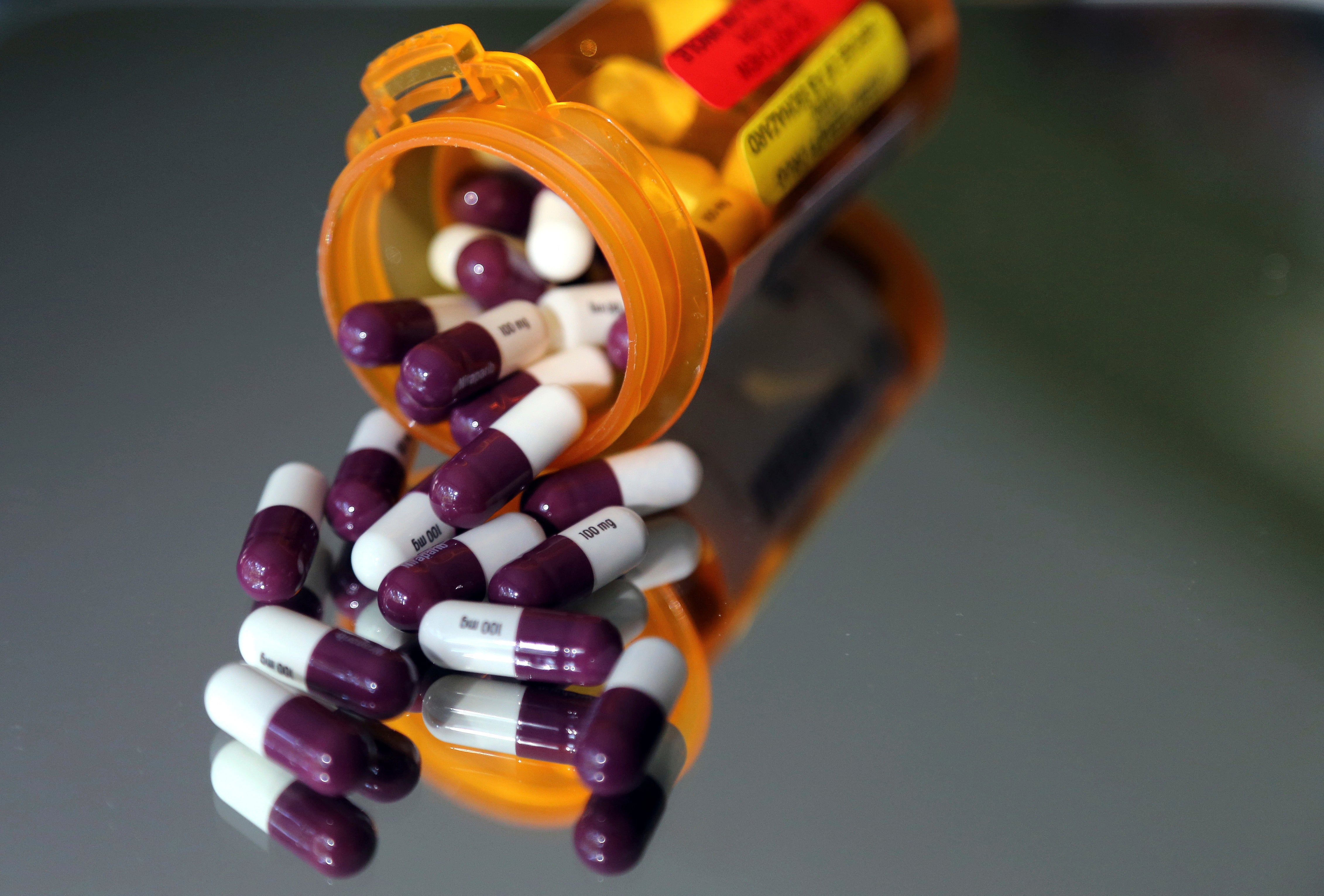Trump plan to curb drug costs dealt setback in court
A late-term maneuver by President Donald Trump to use lower drug prices paid overseas to limit some of Medicare’s costs suffered has a legal setback that appears likely to keep the policy from taking effect before the president leaves office

Your support helps us to tell the story
From reproductive rights to climate change to Big Tech, The Independent is on the ground when the story is developing. Whether it's investigating the financials of Elon Musk's pro-Trump PAC or producing our latest documentary, 'The A Word', which shines a light on the American women fighting for reproductive rights, we know how important it is to parse out the facts from the messaging.
At such a critical moment in US history, we need reporters on the ground. Your donation allows us to keep sending journalists to speak to both sides of the story.
The Independent is trusted by Americans across the entire political spectrum. And unlike many other quality news outlets, we choose not to lock Americans out of our reporting and analysis with paywalls. We believe quality journalism should be available to everyone, paid for by those who can afford it.
Your support makes all the difference.A late-term maneuver by President Donald Trump to use lower drug prices paid overseas to limit some of Medicare's own costs suffered a legal setback Wednesday that appears likely to keep the policy from taking effect before the president leaves office
U.S. District Judge Catherine C. Blake in Baltimore issued a nationwide injunction that prevents the Centers for Medicare and Medicaid Services, or CMS, from carrying out the so-called “most favored nations” rule as scheduled on Jan. 1. The judge wrote in her temporary order that CMS had failed to follow required procedures for notice and comment before imposing such sweeping changes.
The Trump regulation would tie what Medicare pays for certain drugs administered in a doctor's office to the lowest price paid among a group of economically advanced countries. It would apply to 50 medications that account for the highest spending under Medicare’s “Part B” benefit for outpatient care.
That group includes cancer drugs and other medications delivered by infusion or injection. Trump announced his new policy at the White House before the Thanksgiving holiday, saying, “the drug companies don’t like me too much. But we had to do it.”
A coalition of groups including the Association of Community Cancer Centers and the Pharmaceutical Research and Manufacturers of American quickly sued to block the rule. Some opponents have likened the Trump policy to a form of socialist price controls.
Blake wrote that the plaintiffs had established a reasonable likelihood their arguments accusing the administration of cutting corners in a rush to regulate would carry the day in a trial. Federal law says that government agencies must provide adequate opportunity for affected parties to comment on proposed regulations. The administration had sought to use emergency authority as a work-around.
The case is hardly trivial, the judge said. “This case deals with a regulation that would for the first time implement the use of a price control mechanism not provided for by Congress,” Blake wrote.
The Health and Human Services department said it is reviewing the ruling, and had no immediate comment.
Trump came into office accusing drug companies of “getting away with murder” and promising to slash costs for American patients. But his administration was unable to drive major drug pricing legislation through Congress.
Even if the Trump rule is ultimately blocked, the idea of using international prices to lower costs for Americans is very much alive. It's at the heart of House Speaker Nancy Pelosi's legislation to empower Medicare to negotiate drug prices. And President-elect Joe Biden also supports the approach.
Blake was nominated to be a U.S. district judge by former Democratic President Bill Clinton.